Dear Nigerians, do you know Houthi rebels are the reason you had a poor internet network today?
Walk with me as I explain.
Before now, a lot of Nigerians probably might not have heard about the Houthi rebels, a ragtag militia, and a religious terrorist group from Yemen.
Even though the majority of Nigerians have not heard of these guys before, this ragtag militia is the reason why poor internet connection crippled the whole country today, which also affected the banking network as well.
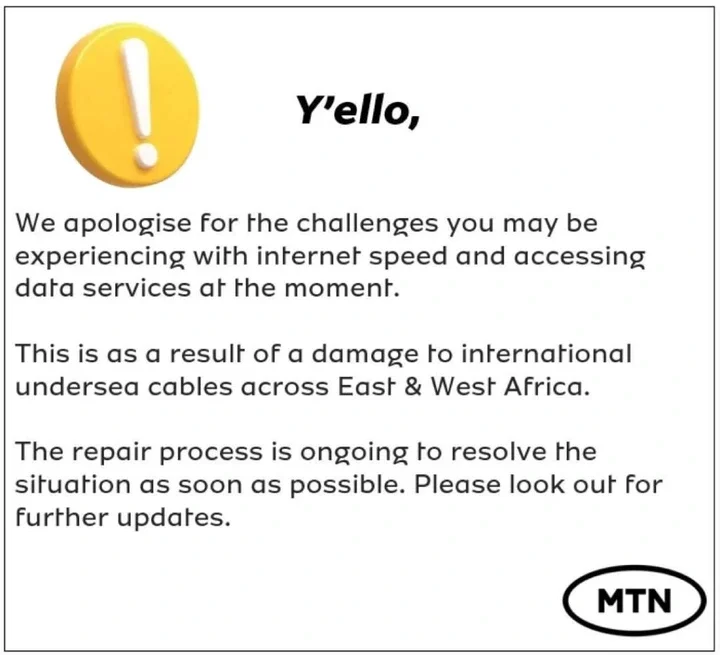
Houthi is an Islamic terrorist organisation based in Yemen.
They are in the same WhatsApp group with Boko Haram and Fulani herdsmen.
Even though they are fighting in the name of Islam, the global headquarters of Islam, Saudi Arabia, hates them with passion because they are Shia by faith, which is from Iran.
Iran practices what is known as the Shia brand of Islam.
Saudi Arabia's brand of Islam is Sunni.
This is akin to Christianity, where you have Anglicans, Catholics, and Pentecostals, even though we worship the same God.
The only difference between Houthi, Boko Haram, and ISIS is that while Boko Haram and ISIS practice the Wahhabi movement of Sunni Islam, Houthi are Shia, but their ideologies are the same.
These Houthi guys once fought a guerrilla war with Saudi Arabia.
Saudi Arabia received significant support from the US, but they were unable to defeat this Rag militia team from Yemen.
This time around, Houthi rebels are on the Red Sea, waging war against global commerce by attacking ships and vessels carrying containers and goods from the far east, disrupting the global supply chain.
But they are not satisfied with attacking commercial ships alone; they have graduated to attacking underground cables under the Red Sea that came all the way from Europe.
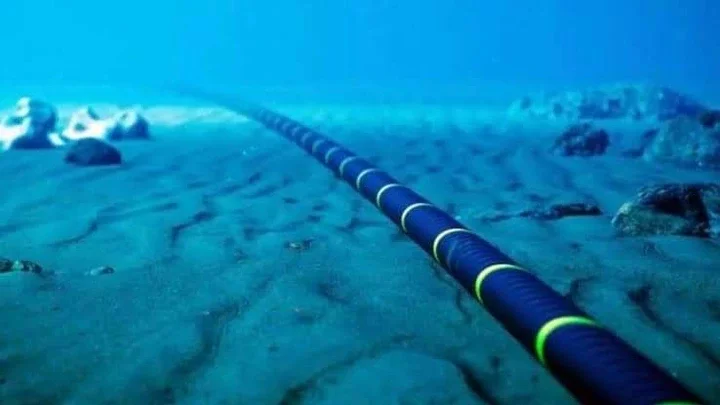
(In the picture, you can see what a submarine cable looks like under the sea.)
I know you will be wondering what the underground cable in the Red Sea has to do with your internet.
It is simple.
For MTN or Airtel to provide internet connections to their customers in Nigeria, this has to happen.
Internet infrastructure companies had to run submarine cable, known as fibre optic cable, all the way from Europe to Nigeria.
These fibre optic cables are routed through the sea all the way from Europe through the Red Sea down to the Atlantic Ocean in Lagos or Akwa Ibom, which serves as the landing point.
At the moment, we have 7 submarines with cable internet in Nigeria, and they are
Submarine cables owned by Natcom Development and Investment Limited, trading as ntel (former NITEL), have a capacity of 800 gigabits.
MainOne cable, with a capacity of 10 terabits, and Glo-1 or Globacom-1 cable, owned by Globacom Limited, with a capacity of 2.5 terabits.
Others are the African Coast to Europe submarine cable by the Dolphin consortium, which includes Dolphin Telecom, Orange, MTN, and others, with a total capacity of 12.8 terabits;
West African Cable System by MTN, with a capacity of 14.5 terabits;
Nigeria-Cameroon Submarine Cable System, owned by Cameroon Telecommunications (CAMTEL), in partnership with MainOne, with a capacity of 12.8 terabits, and Equiano, owned by Google LLC and the West Indian Ocean Cable Company (WIOCC), with a capacity of 100 terabits.
The latest is Meta's 2Africa subsea cable, which is expected to land in the Nigerian cities of Lagos and Akwa Ibom. At 45,000 kilometres long, the 2Africa submarine cable will be one of the world's largest subsea cable projects and will interconnect Europe (eastward via Egypt), Asia (via Saudi Arabia), and Africa. It is expected to go live before the end of 2023, delivering more than the total combined capacity of all subsea cables currently serving Africa, with a design capacity of up to 180 terabytes per second (Tbps).
2Africa owned by MTN is said to be the longest underwater cable in the world, passing through three continents and 33 countries, several of which are in Africa.
What these submarine cables do is power the internet we use in Nigeria.
Let me break it down.
Funks Opeke is the founder of Main One Cable, and this internet infrastructure company that Funke founded ran their submarine cable through the same Red Sea from Europe.
So the business they do with the internet they generate is sell it to offtakers and customers like banks, big businesses in Lagos that consume internet data on a large scale, and then telecom companies.
MTN used to buy bulk data from Main-One, which they sold to their customers before they ran their own submarine cable.
Seeing how vital these submarine cables are to our civilization, Houthi rebels have been attacking these submarine cables that passed through the Red Sea,close to Yemen, where they are in charge.
Unfortunately, these guys attacked the submarine cable that powers the internet in Nigeria, which crashed the internet gateway not only in Nigeria but also throughout all of West Africa.
And these Houthi terrorists have vowed they will not stop the sabotage until Israel declares a ceasefire in Gaza.
Now ask me: What is my business with Gaza and Israel?
The answer is globalisation.
This is a stark reminder of how globalisation affects all of us.
Our world is too large and vast, and at the same time,
We are too interconnected and interdependent.
This is why what happened in faraway Yemen today had a ripple effect on Nigerians, even though Yemen is thousands of kilometres away from Nigeria.
The other side of globalisation, which we don't discuss well enough.

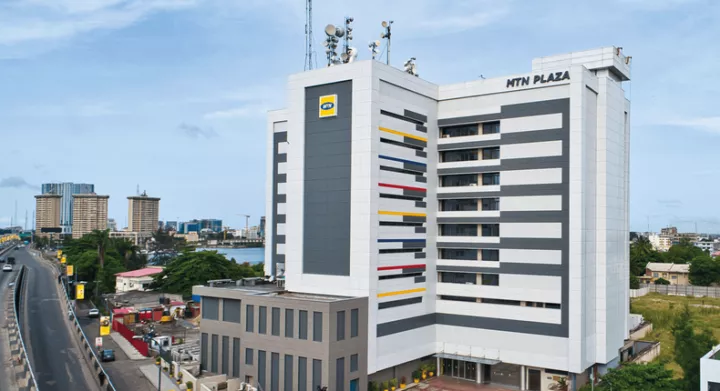
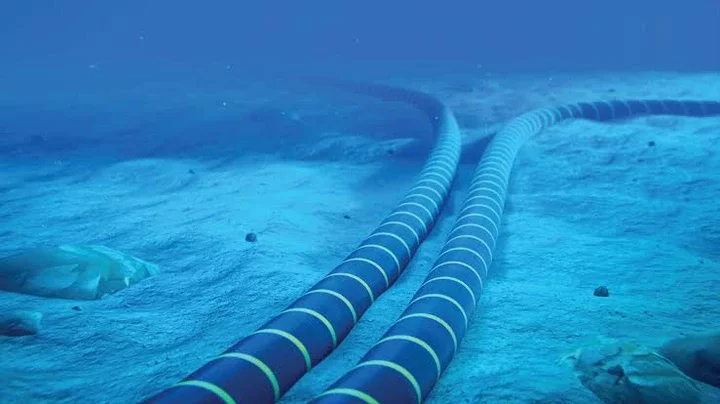
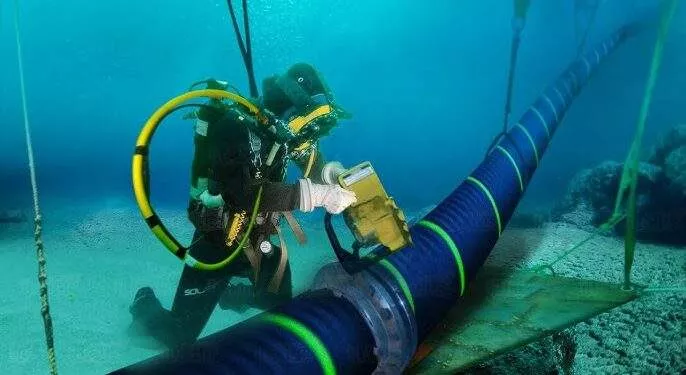
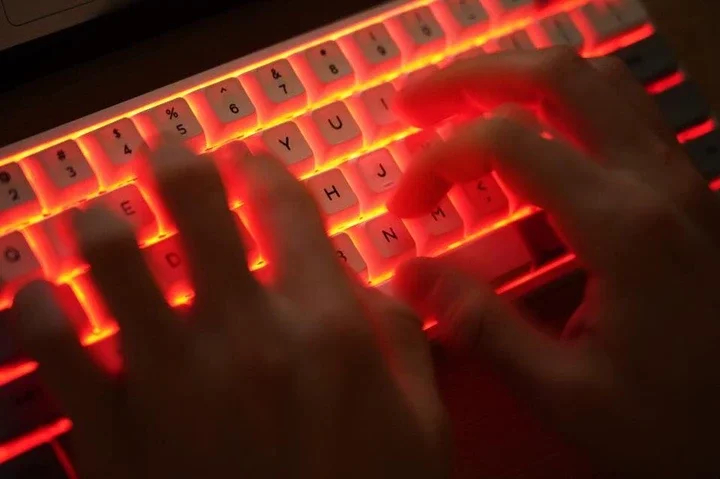
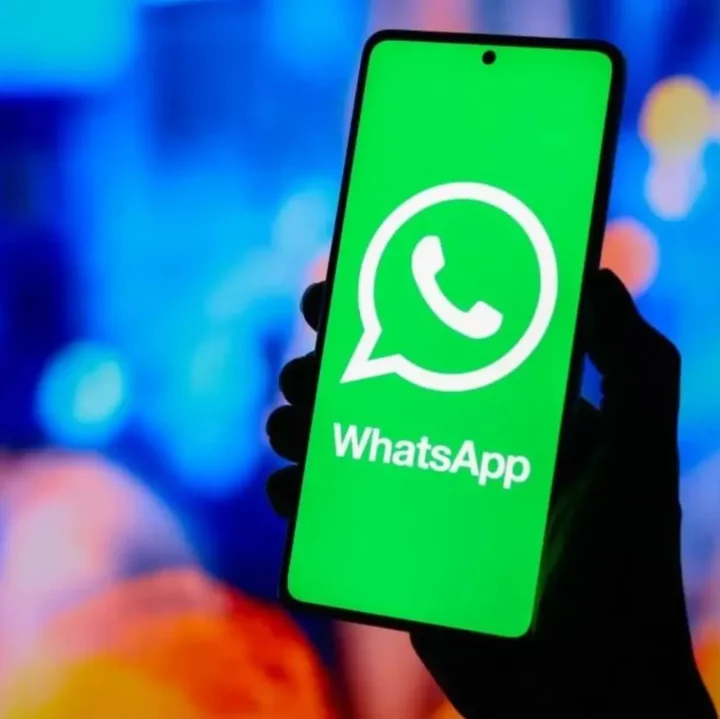
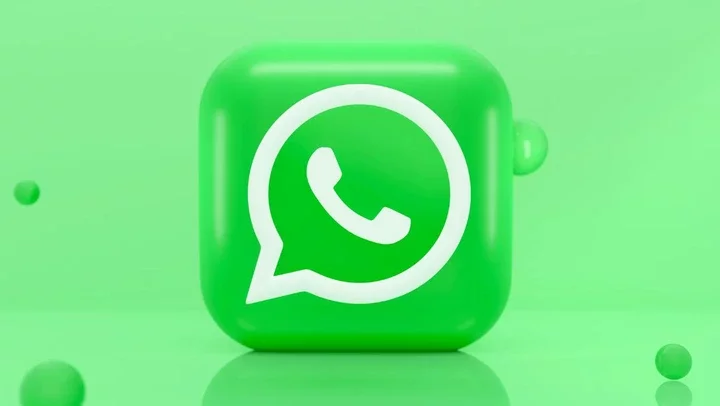

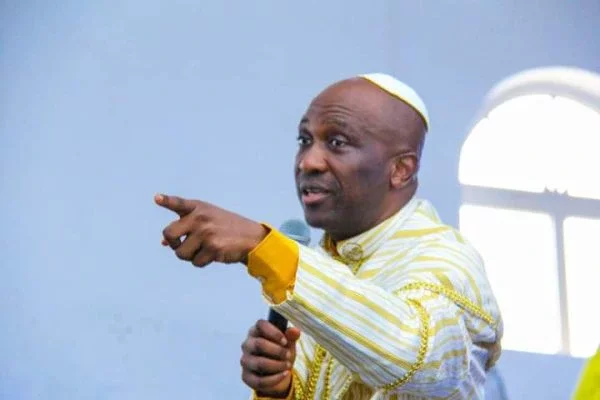

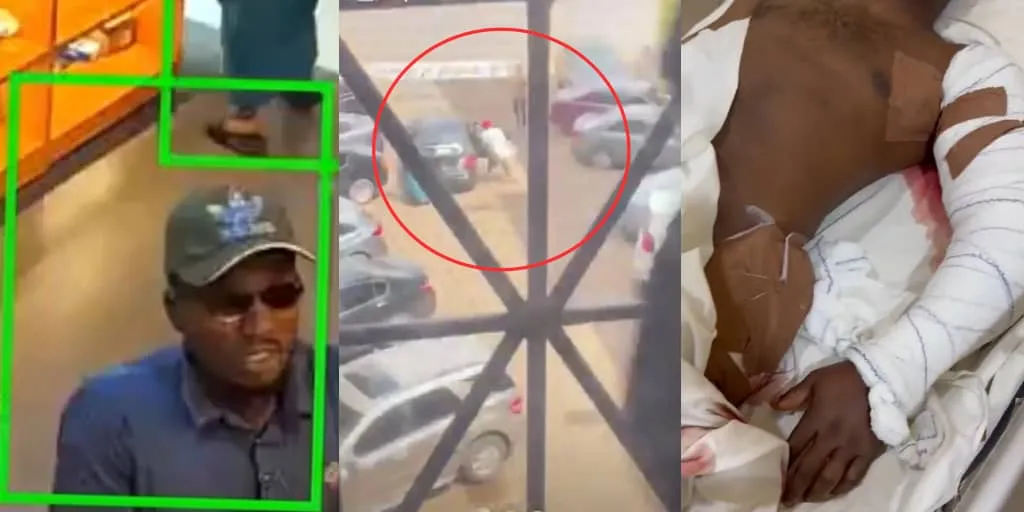

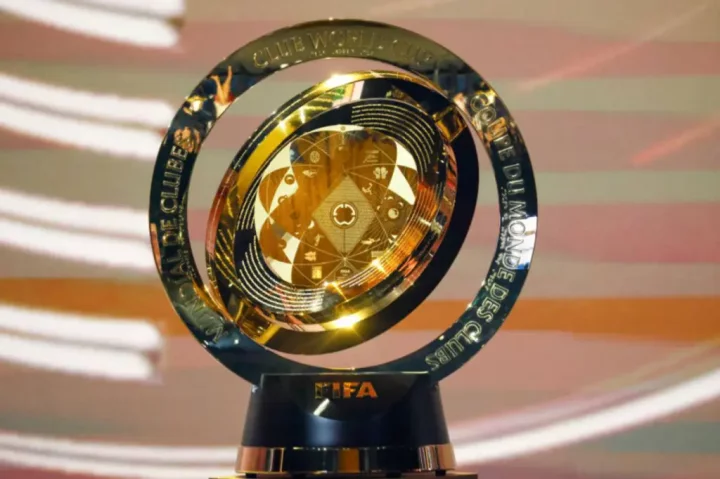
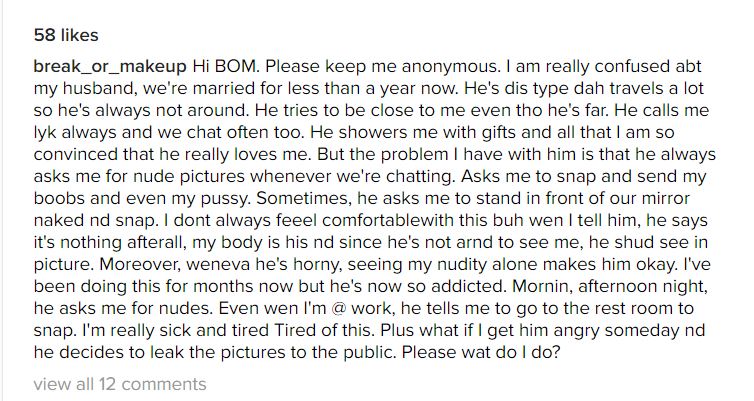

Comments